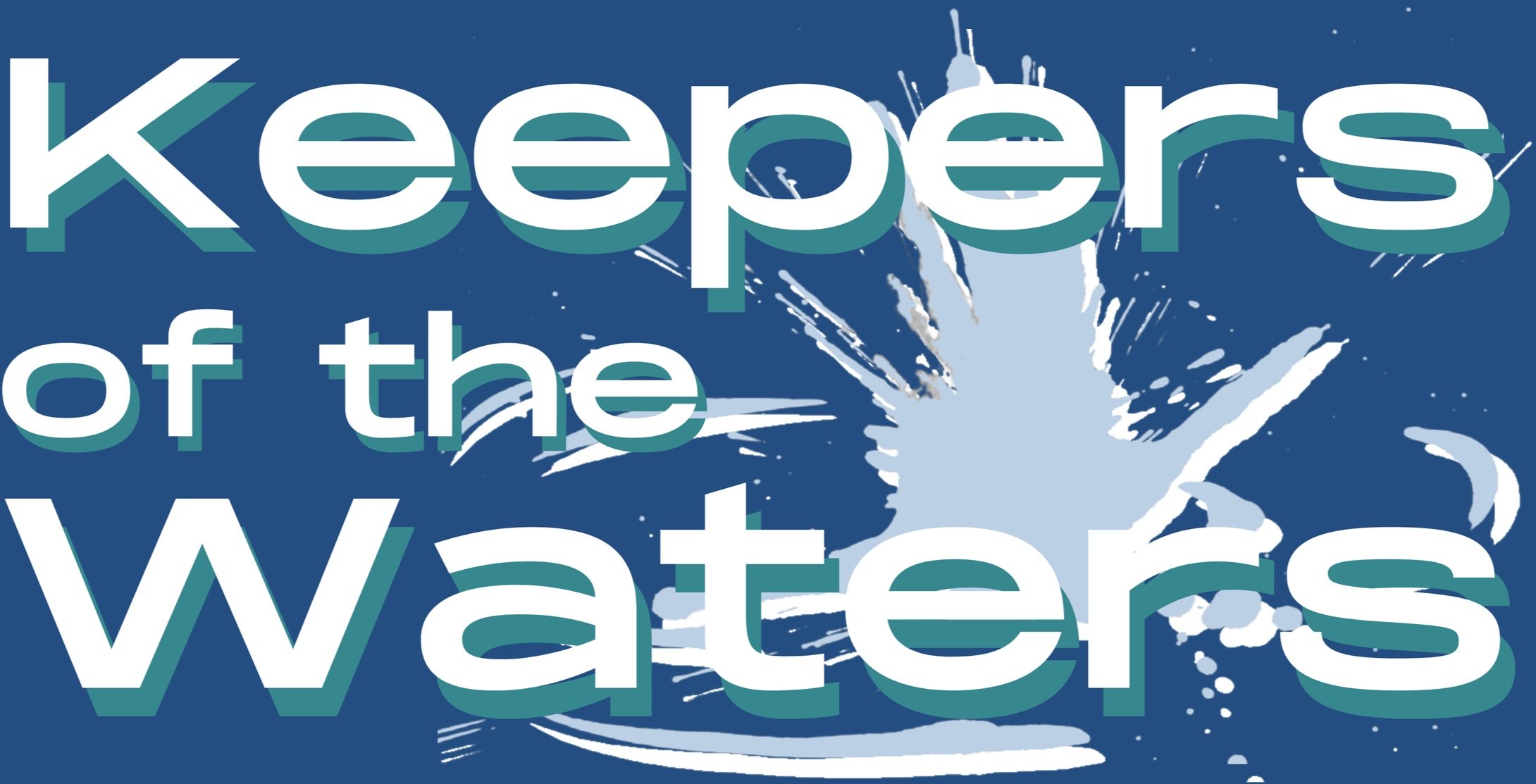Environmental Personhood
Sometimes the best way to protect nature is to force our legal system to view it as a living thing, and grant it rights accordingly.
IF I AM GOING TO BE SUED, SO BE IT. WE ARE GOING TO PROTECT OUR COMMUNITY.
—Tamaqua Mayor Chris Morrison
Environmental personhood is a legal concept which grants certain "human rights" to parts of the natural world. The inclusion of environmental personhood in our legal systems can be an essential step for protecting different cultures' essential relationships to their lands.
This year, Bangladesh became the first country to grant its rivers the same legal status as humans. From now on, in the court system, its rivers will be treated as living entities. The ruling—if it is faithfully enforced—will protect the Ganges Delta from further degradation resulting from pollution and development. Similarly, the Maori people in New Zealand have secured legal rights for their rivers. Environmental personhood is even beginning to gain traction in the U.S. with the help of organizations like Community Environmental Legal Defense Fund.
Environmental personhood is an essential step to fighting against Western capitalist ideology that casts nature as something to be owned. "Many indigenous communities recognize nature as a subject with personhood deserving of protection and respect, rather than looking at it as a merchandise or commodity over which are property rights should be exercised," says Monti Aguirre of International Rivers. Environmental personhood is therefore a social justice issue, just as much as it is environmental.
Examples of Environmental Personhood
Ecuador's constitution recognizes the legal rights of nature. Bolivia passed a similar amendment in 2018.
Toledo, Ohio passed the "Lake Erie Bill of Rights" in 2019.
Tamaqua Borough, PA passed a nature's rights ordinance in 2015.

